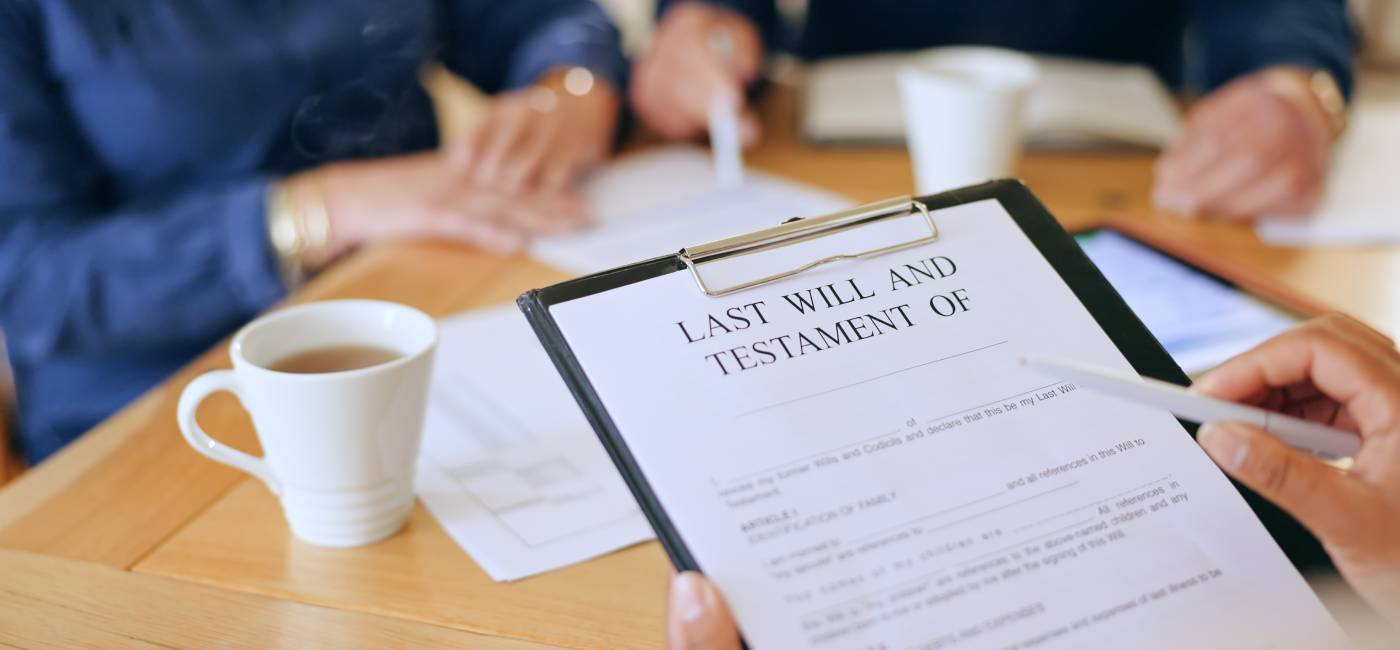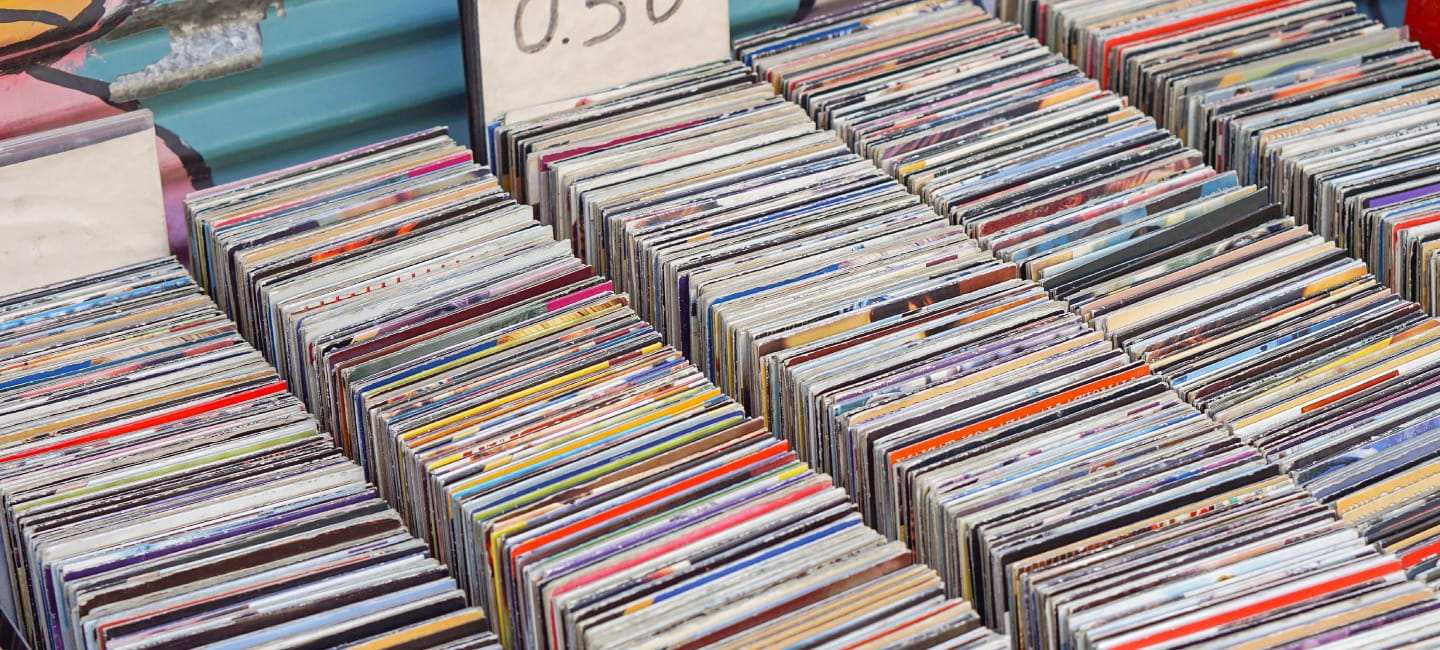With streaming services now offering a vast, and instant, library of movies and music, it’s no surprise that sales of physical formats, like CDs and DVDs, have been plummeting for years.
However, the end might not be entirely nigh – while streaming is convenient, studios can remove songs or movies without warning, so some people are turning back to physical media as a result.
You might have heard that vinyl sales are back on the rise, but it seems CDs have had a mild revival too as we appreciate the safety of owning the songs we love.
CD and DVD reseller MusicMagpie told us that its refurbished DVD sales were up 16% year-on-year from January to March this year, which makes sense given it recently found 64% of adults still have CDs and DVDs at home.
It’s not just dedicated resellers seeing a resurgence either - Oxfam told Saga Money that sales of music and film from its online shop had grown by 16% in the last financial year, showing there’s clearly appetite for second-hand entertainment.
So, with the renewed interest, is now the time to try and get rid of any discs you’ve still got lying around?
If all the interest sounds promising for anyone looking to declutter and make money, don’t book a holiday on the expected proceeds just yet.
As with most collectibles, unless you have something particularly special or rare, you’re unlikely to make much selling them.
“Like vinyl, CDs have now seen somewhat of a resurgence, although most of them still have only a nominal value (usually pence not pounds),” says Martin Hughes, Music Specialist at Wessex Auction Rooms.
“In most cases, collections will be sold broken down by genre and with a couple of hundred in each auction ‘lot’. Depending on the genre, a box of 100 CDs could make around £100 at auction,” he says.
Rarities aside, depending on what you're selling and where, typically you can expect to make 10–50p per CD or DVD, and up to £2.50 for a box set.
“Items could be rare or valuable for a number of reasons, and not all obvious ones — first editions, limited editions, if it’s signed, if it was part of a promotional release or a limited or obscure original print run,” says MusicMagpie’s Chief Commercial Officer, Jon Miller.
“The only way to really find out is to get the item valued.”
Hughes agrees and says the key to finding value is to figure out what you think might be worth something and then check that against rarity.
“Look out for large box sets from the big-name bands, such as The Beatles, The Rolling Stones, Led Zeppelin, The Who, Fleetwood Mac, U2 etc, or more obscure limited editions from lesser-known bands and artists that are now extremely hard to get hold of due to the limited number produced at that time of release,” he adds.
“The Beatles ‘Compact Disc EP Collection’, which was a 15 CD box set released in 1992, can make as much as £100 at auction, and I recently sold a CD box set by The Grateful Dead for over £900.”
“Similarly, if a single was pulled by the record label and never released it can have value now, as was the case with Michael Jackson’s ‘Smile’ which has sold for £1,000.”
So, there is some incentive for going through your collection disc by disc for hidden gems. If you want to do some online research of your own, try RareVinyl and Discogs (an online marketplace for serious collectors). If in doubt, ask an expert.
“A specialist auction house takes a commission from the sale price, so it is always in their interest to sell the collection for as much as possible for you and they will have access to a worldwide market of collectors,” says Hughes.
.jpg?sc=max&mw=800&h=450&la=en&h=731&w=1300&hash=445B858541AEB96BEDB478F7DCB1C01B)
If you’re not sitting on a treasure trove, selling online may be your best option. While prices might not be as high as they were in recent years, there are still several apps and platforms that may offer a price for your old discs.
These are simple to use: just download the app to your phone and use its camera to scan the barcode on each CD or DVD to get an instant price.
"You'll only get around 50p for a CD on these sites, and you may find a price isn't even offered because the service already has multiple copies of that particular title and doesn't want to accept any more,” says tech expert and blogger Carrie-Ann Skinner of @tech_ing_it_easy.
“Postage is usually free, although some sites require a minimum value of items before an order can be processed. Different sites offer different prices so it pays to check several of them to see what you could get for your items," she adds.
Scanning in 19 CDs and 20 DVDs (ranging from pre-loved boxed sets to limited editions, kids to classical), we wanted to see what our stash was worth. However, it can be a bit pot-luck over what you’re offered, so you might well find you get better results from these resellers when checking your collections.
As you can see, using these platforms can be worthwhile if you just want to clear the decks and, after all, some money is better than none.
That said, scanners can be glitchy, so try a few apps to find the one that makes it easy, and you’ll save a lot of time.
If you don’t want to handle the task yourself, why not pass the reins to a grandchild eager to earn pocket money?
If you already have an eBay or Vinted account (or a family member does), you could sell your unwanted CDs and DVDs there.
“[Selling online offers] the potential to earn a little bit extra (more so on Vinted than on eBay, when you factor in fees), but you may have to wait longer for someone to buy it and it does come with a bit more work,” says Skinner.
She found pre-owned copies of Ladies and Gentlemen by George Michael (a double-CD Greatest Hits compilation) on sale on eBay for £3-£4; on Vinted for £1- £4; had no offer to buy at Music Magpie; and an offer of just 56p at Ziffit.
If your collection is worth pennies or you’re in a hurry to declutter, then think about donating or recycling it. There’s no reason these non-biodegradable polycarbonate discs should end up in landfill.
Give your collection to charity to help them raise funds for good causes. While prices vary, typically charity shops can sell your old DVDs and CDs for £1-£3 (which would make our collection of 39 items into a significant donation).
Be sure to let the charity shop know if you pay tax, as they’ll be able to claim Gift Aid on your donation, earning an additional 25p on every £1. All you normally need to do is a sign a form.
If you’re struggling to get out to a shop, then some charities will help you – for instance, Oxfam will send you a bag with postage paid to donate your old CDs and DVDs, and you can drop them at a local posting point.
It’s also worth checking if your local library, schools or even a street WhatsApp group are interested in adding to their music collections. Failing that, support your local circular economy and post a free ad on Freecycle, Freegle, or Facebook Marketplace.
Your options are somewhat limited if you want to recycle your CDs and DVDs, but some recycling centres do accept them.
How they’re recycled varies across the country, as mostly CDs and DVDs can’t be recycled, but the cases can.
Use the recycling locator at Recyclenow to find out what you can recycle in your area – and if possible, get in contact with your local centre to find out what you need to do ahead of time.
The last thing you want is to head down with a bag of old DVDs and then find you need to sit in your car removing 100 discs and sleeves from their cases...

.jpg?la=en&h=354&w=616&hash=EF7D69971E6E84DBFACB50DA190CC405)

After an inquiry into will-writing services, we explain how you can avoid getting ripped off.



From their first savings account to their first home, find out how your gifts can make the biggest impact for your grandchildren
